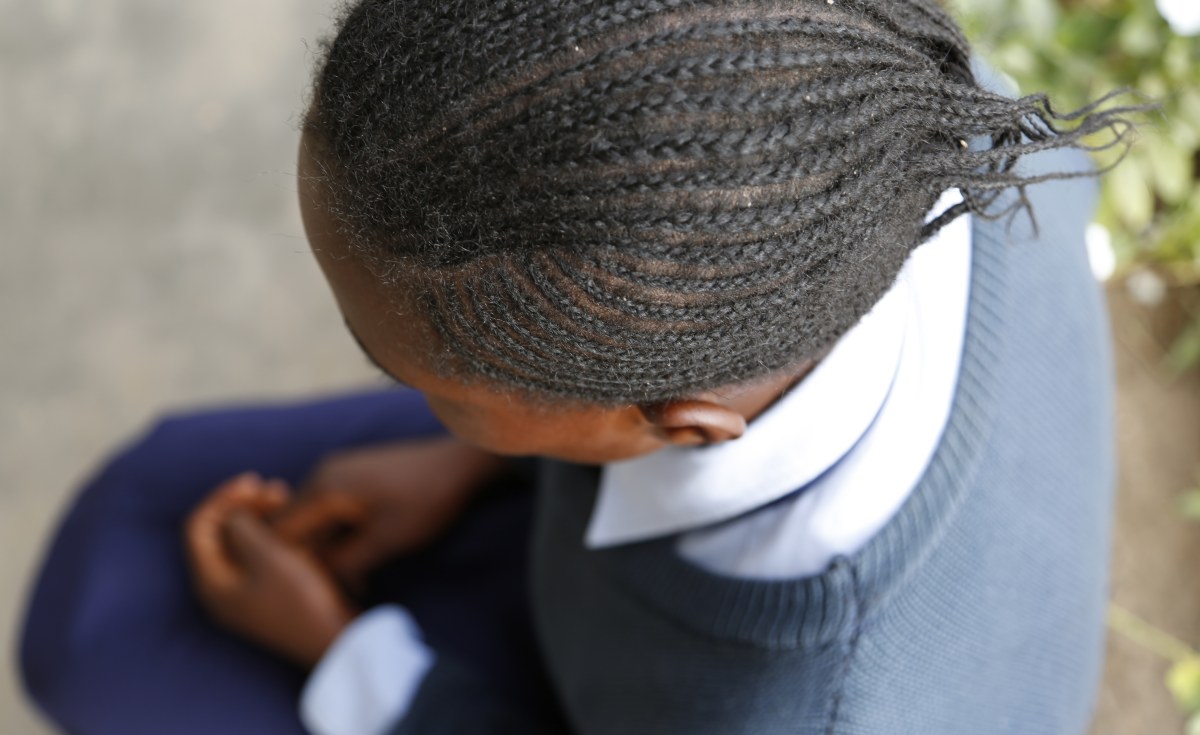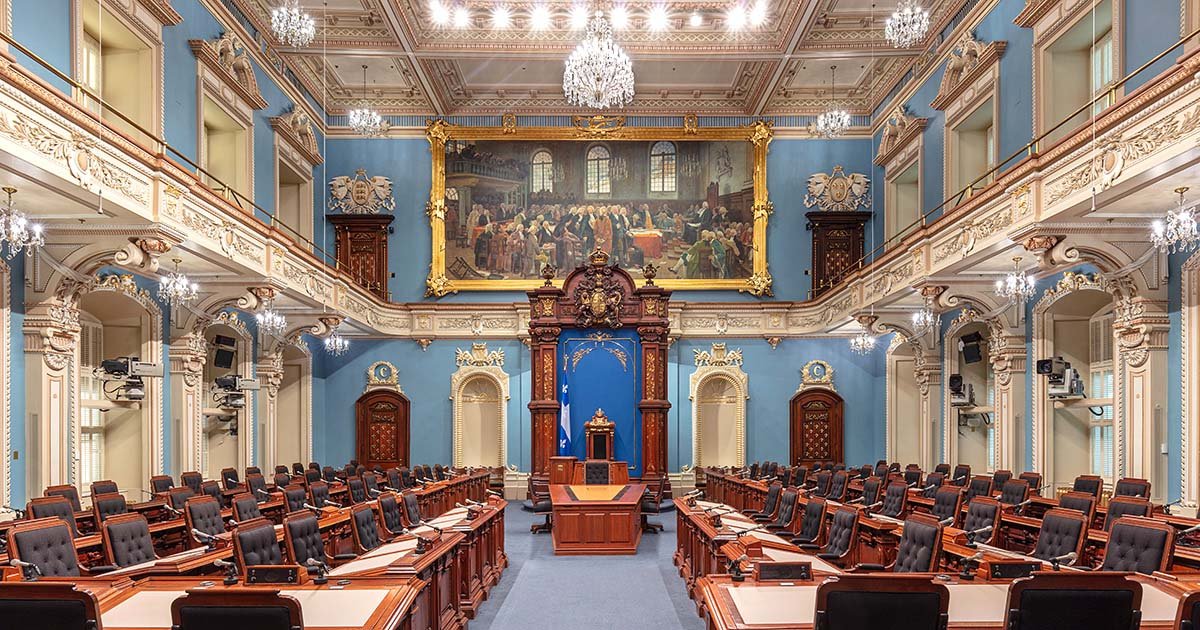




In a significant move, New Hampshire Governor Chris Sununu has signed a bill into law that raises the minimum marriage age in the state to 18 without exceptions. The law, which will go into effect on January 1, 2025, will change the previous law that allowed people as young as 16 to marry with parental permission and approval from a family court. The bill was passed by the New Hampshire Legislature and supported by organizations such as Unchained At Last and the Tahirih Justice Center, who argue that child marriage is a human rights abuse that destroys girls' lives [4dd2fe45].
New Hampshire will become the 13th state in the United States to outlaw child marriage. Between 2000 and 2023, 215 minors were married in the state. The new law aims to address the increased risk of poverty, limited educational opportunities, and heightened vulnerability to domestic violence associated with child marriages. The bill received support from Representative Cassandra Levesque, who highlighted the dangers of child marriage, including human trafficking. However, Representative Margaret Drye argued against the bill, citing cases where underage marriage was permitted due to unexpected pregnancies. Prior to the new law, the marriage age in New Hampshire was 16 for girls and 14 for boys [4dd2fe45].
This development in New Hampshire is part of a broader effort to combat child marriage and protect the rights of young girls.
Sierra Leone has also taken a significant step in the fight against child marriage. President Julius Maada Bio signed the Prohibition of Child Marriage Act 2024 into law on July 2, criminalizing marriage for anyone under the age of 18. Sierra Leone had the highest prevalence of child marriage in West and Central Africa in 2023, with 30% of women aged 20 to 24 being first married or in union between 15 and 18. Amnesty International has been working since 2017 in Sierra Leone, Burkina Faso, and Senegal to prevent and reduce child, early, and forced marriage through education, awareness raising, and advocacy. They have been promoting intergenerational dialogue and setting up school human rights clubs and alert committees in Sierra Leone. Amnesty International calls on the Sierra Leonean authorities to ensure the full implementation of the law, including a national awareness raising campaign, especially in rural areas, and urges other countries in West and Central Africa to outlaw child marriage [4dd2fe45] [99cd7b2c].
These developments highlight the ongoing efforts to protect the rights of women and children, particularly in the context of marriage and adoption. The changes in New Hampshire's marriage laws and the concerns raised by the Commission des droits de la personne et des droits de la jeunesse and the Consultative Commission on Human Rights serve as reminders of the importance of comprehensive legal reforms that prioritize the well-being and rights of individuals involved in family law matters [4dd2fe45] [66b75cd9] [87d80034]. Sierra Leone has officially banned child marriage, making it illegal for anyone to marry someone under the age of 18. The new law, signed into effect by President Julius Maada Bio, aims to protect minors from forced marriages and exploitation. The legislation comes with stringent penalties, including up to 15 years in prison and a fine of approximately $4,000 for offenders. Parents or individuals who attend or facilitate such ceremonies will also face fines. West and Central Africa have the highest rates of child marriage globally, with over 800,000 child brides in Sierra Leone alone, half of whom were married before the age of 15. The move has been widely praised, with the US Bureau of African Affairs welcoming the passage of the bill. Advocates believe this landmark legislation would mark a crucial step towards protecting Sierra Leone’s children and ensuring their rights and well-being are prioritized [5c5b2ea0].